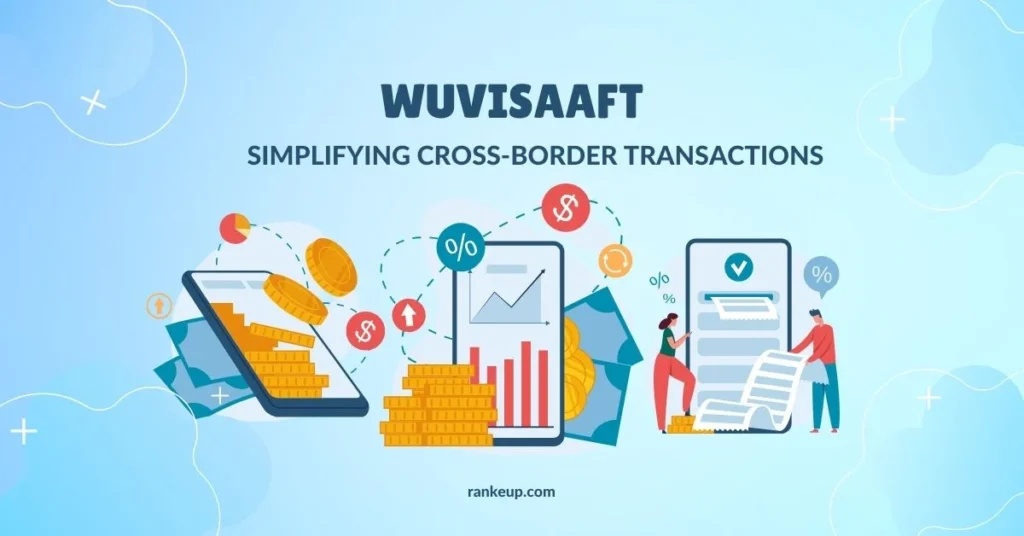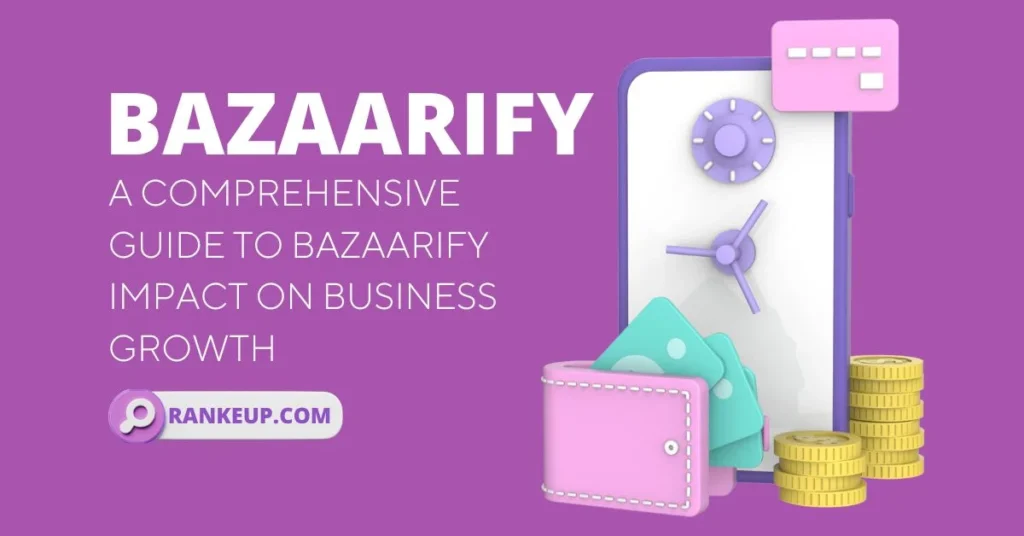
Having a house of our own is still a dream for many of us, but for many low-income families, securing adequate housing can be a significant challenge. To aid low-income families the government has provided safety-net programs which offer financial assistance to help these families obtain, maintain, or improve their homes. In this article, we will explore the various types of housing grants available to low-income families, how to access these grants, and the benefits they offer.
Understanding Housing Grants
Housing grants are financial awards provided by government agencies, non-profit organizations, and other entities to support individuals and families who need assistance with housing-related expenses. Unlike loans, grants do not require repayment, making them an attractive option for low-income families struggling to meet housing costs. These grants can be used for various purposes and housinggrants.ca provides you with the ultimate guide of all those financial aids and grants. The U.S. government provides three main types of assistance for housing:
- Rental Assistance: Vouches for low-income families to pay for rental housing in the private market, paying 30% of their income towards rent.
- Project-Based Assistance: Provides subsidies directly to landlords or property owners to make certain units within a housing project affordable for low-income tenants.
- Public and Subsidized Housing: The government owns and manages public housing developments that offer low-cost housing options to low-income families, seniors, and individuals with disabilities.
Types of Housing Grants for Low-Income Families

HUD Housing Choice Voucher Program (Section 8)
The Housing Choice Voucher Program, widely recognized as Section 8, is one of the most prominent housing assistance programs in the United States. This program provides rental assistance to eligible low-income families, the elderly, and individuals with disabilities by offering vouchers that can be used to help pay for housing in the private market. The amount of the voucher is based on the family’s income, the cost of housing in their area, and the number of household members.
HOME Investment Partnerships Program
The HOME Investment Partnerships Program is a federal block grant program that provides funding to states and local governments to support activities to create affordable housing for low-income households. This program offers grants that can be used for building, buying, and rehabilitating affordable housing for both rental and homeownership purposes. Additionally, HOME funds can be used to provide direct rental assistance to low-income individuals.
Community Development Block Grant (CDBG)

The Community Development Block Grant (CDBG) program is a flexible funding source provided by the U.S. Department of Housing and Urban Development (HUD) that allows local governments to address community development needs. While CDBG funds are not exclusively allocated for housing, they can be used to support affordable housing initiatives, such as the construction or rehabilitation of housing units, providing housing-related services, and the improvement of public facilities that benefit low- and moderate-income residents.
Rural Housing Repair Loans and Grants
The Rural Housing Repair Loans and Grants Program is administered by the U.S. Department of Agriculture (USDA) and is designed to assist very low-income homeowners in rural areas who need to repair, improve, or modernize their homes. The program provides loans at a 1% interest rate, repayable over 20 years, to cover the cost of repairs and improvements that remove health and safety hazards. Additionally, grants are available to elderly homeowners aged 62 or older who cannot repay a loan.
Native American Housing Assistance and Self-Determination Act (NAHASDA) Grants
The Native American Housing Assistance and Self-Determination Act (NAHASDA) Grants provide federal funding to Native American tribes and Alaska Native villages to support the development and maintenance of affordable housing for tribal members. These grants are used for a variety of purposes, including the construction of new homes, the rehabilitation of existing homes, and the provision of housing-related services.
State and Local Grants

In addition to federal programs, many states and local governments offer their own housing grant programs tailored to the specific needs of their communities. These state and local grants can vary widely depending on location but often assist first-time homebuyers, rental assistance, home repairs, and energy efficiency improvements. For example, some states offer down payment assistance programs that help low-income families purchase their first home. These grants ensure that low-income families have access to safe and affordable housing options.
How to Access Housing Grants?
1. Determine Eligibility
Eligibility for housing grants is often determined by income level. Generally, you must have a household income that is below 50% of the median income in your area. However, different programs may have varying thresholds, so it’s important to check the specific requirements for each.
2. Gather Necessary Documentation
To apply, you’ll usually need to provide:
- Proof of income (such as pay stubs and tax returns)
- Social Security numbers for all family members
- Birth certificates
- Rental history
- Bank statements
3. Contact Your Local Public Housing Agency (PHA)

Your local Public Housing Agency (PHA) is often the starting point for many federal housing programs. They can provide detailed information about available grants and guide you through the application process.
4. Apply for Multiple Programs
Don’t restrict yourself to a single program. Explore and apply to all the housing grants for which you might be eligible. Each program has unique criteria and applying to several increases your chances of receiving assistance.
How to Make the Most of your Housing Grant?

Once approved for a housing grant, understand its terms and your responsibilities. Budget carefully for any remaining housing expenses and follow all program rules to keep your eligibility. Utilize additional services offered by the grant agency, such as financial counseling, this can help you to pursue long-term goals and enhance your credit. Maintain good communication with your landlord or housing agency and explore programs that may help with transitioning to homeownership.
Conclusion
Housing grants can be a lifeline for low-income families struggling to find affordable housing. While the process of accessing these grants can be complex and time-consuming, the benefits are significant. By understanding the available programs, preparing thoroughly, and making the most of the assistance provided, you can use housing grants as a steppingstone towards greater financial stability and a better quality of life for your family.
Also ReaD: Thinksanocom: Pioneering Innovation in a Dynamic Business Landscape


